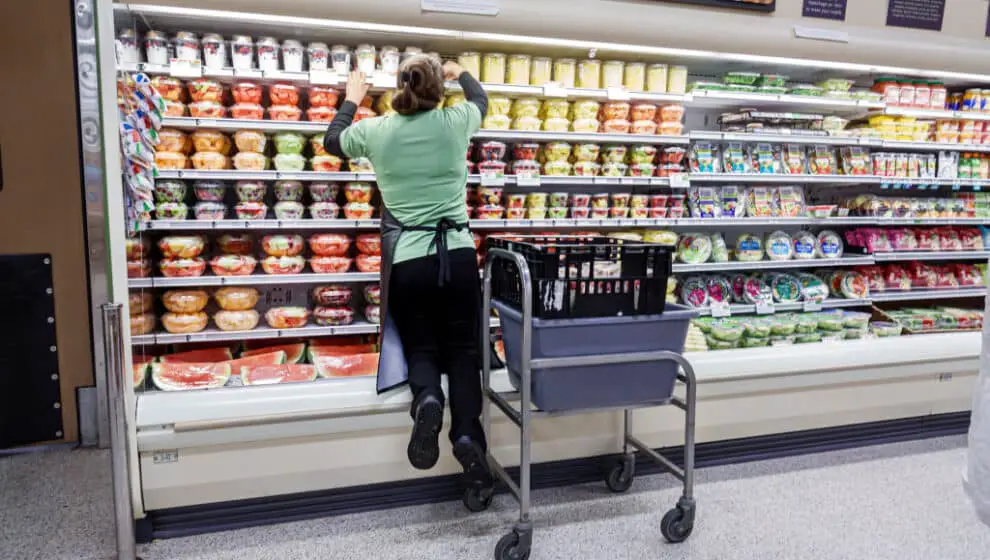Nestlé, the owner of more than 2,000 food brands, says that its prices on basic items will increase this year.
Key Details
- Though the company increased its prices 8.2% last year, it says that these increases were not enough to offset rising production costs, which are eating into profit margins.
- “We are still in a situation where we’re repairing our gross margin and, like all the consumers around the world, we’ve been hit by inflation, and now we’re trying to repair the damage that has been done,” Nestlé CEO Mark Schneider explains.
- The planned price increases will be “very targeted” and will only affect the areas Nestlé says are necessary. Schneider did not share which of the company’s 2,000 brands would be affected.
- Nestlé’s catalog of brands covers everything from chocolate to dog food to baby formula.
- Other companies such as Coca-Cola, Pampers diapers producer Procter & Gamble, Colgate-Palmolive, and brewer Heineken have all announced price increases as the companies deal with higher production costs, energy, and labor.
- Raw materials like dairy are still expensive, though prices have declined from peaks last year. Consumers can expect prices on nearly all food items to increase this year, CNN reports.
Why it’s news
Rising costs could force companies to raise their prices, but if too many costs are passed to consumers, businesses could start losing customers. Nestlé reported a decline in sales last year that it attributed to higher pricing.
Even prices outside of a company’s control can affect its overall sales. For example, beer seller Heineken is preparing for fewer sales in Europe this year, not due to its own pricing but due to high energy costs across the continent, CNN reports.
Shoppers looking to save anywhere they can may be more drawn to retailers’ brands rather than name-brand items. Walmart, in particular, has seen rising interest in its private brands that it sells alongside name-brand goods.
Walmart is pushing back against these higher brand prices. The retail giant told suppliers that it would not accept price hikes this year without good reason.
Backing up a bit
Walmart is pushing back against high prices from suppliers, telling the distributors that it can no longer continue price hikes. Price variations, even by just a few cents, can send Walmart shoppers looking elsewhere since the company promotes its “Everyday Low Price” policy.
Last year, the retailer had to raise prices on products such as milk, detergent, and frozen meals as shipping costs and raw material prices rose. Now that costs such as transportation and cardboard shipping cases have declined significantly, Walmart is pushing back against more price hikes.
As consumers are less willing to pay inflated prices, Walmart is growing more hesitant to pass costs on to its shoppers.

